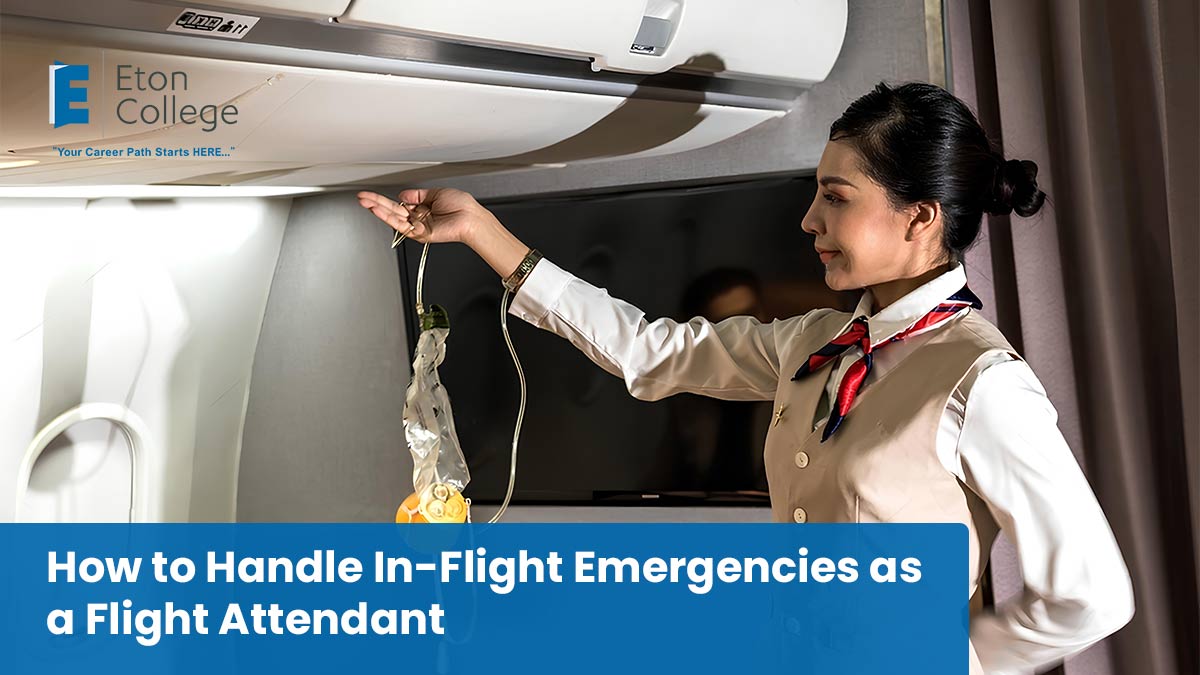- Dropping out of university to become a flight attendant requires careful thought, especially when considering the long-term benefits of having a degree.
- Part-time, online, or deferred university programs allow aspiring flight attendants to pursue both education and career without sacrificing either.
- While flight attendants start in entry-level roles, they can advance to higher positions in the airline industry, like in-flight supervisors or trainers.
- A university degree offers broader career flexibility, higher earning potential, and job stability across various industries.
- Communication, problem-solving, and cultural awareness skills gained in university are valuable in a flight attendant career.
Deciding to drop out of university to pursue a career as a flight attendant is a significant life choice. With the allure of traveling the world, meeting new people, and embarking on a dynamic career, it’s easy to see why the profession of a flight attendant may seem appealing. However, making this decision requires careful consideration of your long-term goals, the pros and cons of both paths, and an honest assessment of what you want out of your career and education.
In this blog, we’ll explore whether dropping out of university to become a flight attendant is a wise decision, the factors you should consider, and how you can pursue both education and your career goals.
The Appeal of Becoming a Flight Attendant
For many, the prospect of becoming a flight attendant represents an opportunity for adventure. Traveling to different countries, experiencing new cultures, and working in a job that keeps you on your feet may sound more exciting than sitting in a lecture hall.
A career as a flight attendant offers other appealing benefits as well:
- Travel Benefits: Flight attendants often get the chance to travel the world for free or at discounted rates.
- Flexibility: Many flight attendants enjoy flexible schedules, working for several days in a row and then getting time off to rest or travel.
- Unique Experiences: As a flight attendant, you meet people from all walks of life, including other crew members, passengers, and international travelers.
- Career Growth: Although entry-level, flight attendants have opportunities to advance within the airline industry or transition to other roles such as in-flight supervisors or trainers.
What You Sacrifice by Dropping Out of University
Before you decide to drop out of university to pursue a flight attendant career, it’s essential to evaluate what you’re giving up. A university education offers several benefits:
- Long-Term Career Flexibility: A degree opens doors to a wide range of careers beyond the airline industry. Should you decide to transition to a different field later in life, having a degree could prove to be an invaluable asset.
- Higher Earning Potential: In general, jobs that require a university degree tend to offer higher salaries. While flight attendants enjoy good travel perks, the salary is often more modest compared to some professions that require a degree.
- Job Stability: Airlines can experience fluctuations due to economic downturns, global events, or industry changes, which can affect job stability. A degree offers security in various industries.
Can You Do Both?
Dropping out of university to become a flight attendant doesn’t have to be an either-or situation. You can explore various ways to balance both:
- Part-Time University: Many universities offer part-time programs, allowing you to continue working toward your degree while also pursuing your flight attendant career.
- Online Education: If flexibility is your priority, consider enrolling in online university programs that allow you to study at your own pace and from anywhere in the world.
- Deferred Enrollment: Some universities allow you to defer your enrollment for a semester or a year. This option allows you to experience life as a flight attendant while leaving the door open to resume your studies.
Skills That University Education Can Offer a Flight Attendant
Even if you decide to pursue a career as a flight attendant, the skills you gain in university can still benefit you in the aviation industry. Some of the transferable skills include:
- Communication Skills: University helps develop strong written and verbal communication skills, which are essential for flight attendants when interacting with passengers and crew.
- Problem-Solving: Education teaches you how to think critically and solve problems, which is a key aspect of managing situations that arise during flights.
- Adaptability: University can help you develop adaptability and time management skills, both of which are essential when adjusting to the ever-changing schedules of flight attendants.
- Cultural Awareness: If you’re studying subjects such as international relations, history, or languages, this knowledge will serve you well in understanding and interacting with diverse passengers from around the world.
The Bottom Line: Should You Drop Out?
The decision to drop out of university to become a flight attendant is a highly personal one. It depends on your long-term goals, financial situation, and personal priorities. If your passion is firmly rooted in a career that involves travel, adventure, and customer service, becoming a flight attendant may be the right path for you. However, consider the potential long-term benefits of completing your degree or finding a balance between both paths.
If you’re still uncertain, here are some key questions to ask yourself:
- Is becoming a flight attendant my ultimate career goal, or is it a stepping stone toward something else?
- Can I find ways to balance both my education and flight attendant aspirations?
- Am I willing to give up the potential long-term benefits of a degree for immediate job experience?
Exploring Your Options
There’s no one-size-fits-all answer when it comes to career decisions. Some flight attendants start their aviation careers right out of high school, while others take time to complete their education before joining the industry.
For those in Canada looking to take their first steps toward a flight attendant career, Eton College offers a Flight Attendant Preparation Program that equips students with essential skills in customer service, safety procedures, and communication. Whether you’re pursuing your education or diving into the aviation industry, this program can help you succeed as a flight attendant while making informed career decisions.




